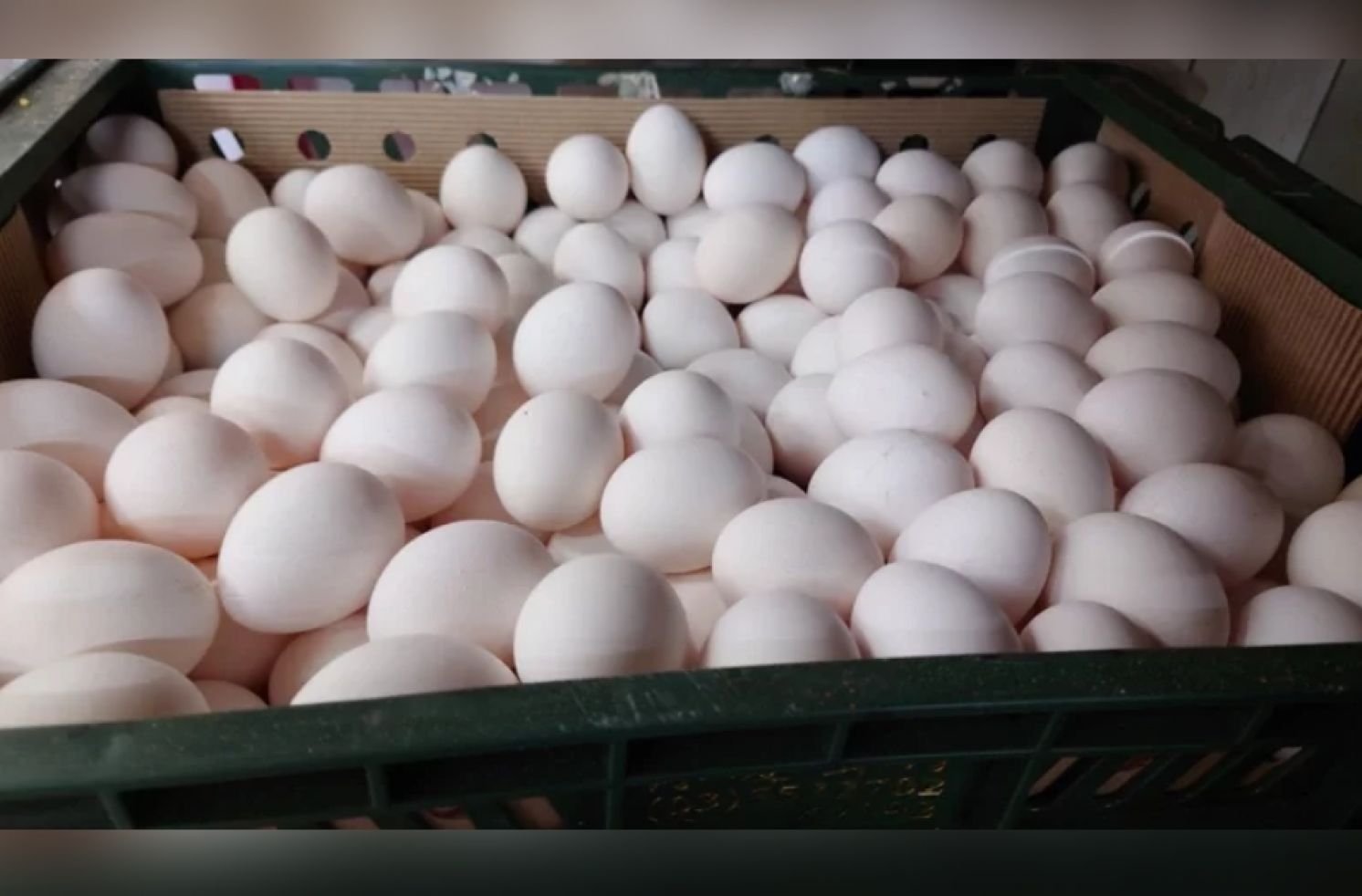
Importing Eggs Said to Be "Patriotic" and "Heroic" Only to Conceal Corruption
United Daily News Editorial, September 8, 2023
Public suspicion in Taiwan still hangs over the import of more than 80 million eggs by a one-man company Ultra Source Ltd. According to the purchase contract made public by the Ministry of Agriculture (MOA), the contract between the National Animal Industry Foundation (NAIF) and Ultra Source was mysteriously signed on a date when Ultra Source was suspended. The contract stipulates that the NAIF should grant loans to Ultra Source for the purchase simply based on the price quote from Brazilian exporters. Ultra Source is to collect the payment from NAIF in advance and then transfer the payment as a third party to Brazilian egg exporters. The contract is problematic and unfavorable to NAIF. Many suspect that there is a hidden hand behind Ultra Source that forced the MOA to accept this unfair agreement.
According to data published by the MOA, Ultra Source has purchased a total of 88,140,000 chicken eggs from Brazil, with an advance payment of NT$669 million (about US$21 million) including loans, custom tariff, and business tax. After the eggs arrive in Taiwan, Ultra Source can charge an 8 percent service fee which is NT$38 million (about US$1.2 million). Based on the amount of service fee charged, the import of eggs is a huge operation that would be impossible for Ultra Source to handle alone since it only has a capital of about NT$500,000 (about US$15,630). Moreover, the owner of Ultra Source Chin Yu-chao has a capital contribution of merely NT$1,000 (about US$31), indicating there are other shareholders. The public wants to know who those shareholders are and who is controlling the capital flow of the NT$669 million.
In the past few days, the MOA has answered questions on behalf of Ultra Source, yet there were loopholes and contradictions in their answers. Eventually, the contract between NAIF and Ultra Source was revealed to the public, furthering the inconsistency between the verbal explanation and the contract in writing and the contradiction between the terms of the contract and the actual implementation. The most obvious example is that Ultra Source applied for a suspension of business on February 24 and then signed the contract on March 1, a day before applying for business resumption on March 2. Does that mean the contract is not legally binding? What prompted the MOA to strongly favor a company that was suspended?
Another irregularity is the method of payment in the contract. The contract stipulates that Ultra Source can apply for a loan from NAIF in advance using the price quote from Brazilian egg exporters, and then pay the exporters as a third party. If favorable terms were offered by NAIF to Ultra Source because of import operation costs that would exceed the small company’s business capacity, then it is apparently in violation of trade standards and practices. However, the MOA and NAIF modified their previous remarks and claimed that Ultra Source itself did pay in advance for the NT$669 million loan and tariff. Regardless if the self-contradicting statements were aimed at calming public uproar or at covering bigger problems behind the scenes, it certainly appears suspicious to the public eye when a contract signed between the government and a private company is not followed through. Would Ultra Source accept the terms if there were no special interests involved?
The cloud of suspicion surrounding Ultra Source has generated many unbelievable stories in the past few days. A one-man company without actual business performance could win the largest contract to import more than 80 million chicken eggs. A company with a capital of half a million New Taiwan dollars can get a NT$699 million business deal with NT$175 million (about US$5.5 million) in government subsidies. Ultra Source could sign a contract with the government, when its business was suspended, and still manage to secure government loans simply with price quotations. The company got an 8 percent service fee as guaranteed profit and even had high-ranking government officials’ protection when news broke out. All the above special treatments were not provided because of Chin Yu-chao alone, it is only reasonable to assume there is a hidden hand, someone well-connected with politically and economically influential people. Their collective effort will allow this deal to go down as a legendary case in history.
When more and more people suspected Ultra Source was in fact a shell company, the MOA ran out of explanations. The Democratic Progressive Party (DPP) came up with the idea to have the egg importers issue a joint statement, claiming they are working for Taiwan to solve the domestic necessities supply issue and are wrongfully accused of profiting from a national emergency. The statement also claimed that no one will be willing to work for the country if their efforts are smeared. This is truly an overstatement and factually incorrect. The public is scrutinizing the qualification of Ultra Source and its out-of-proportion purchase contract; hence, the issue lies not with the other egg importers. The joint statement is just an attempt to divert public attention.
To put it bluntly, the DPP is attempting to disguise an apparent pay-to-play corruption case as an act of patriotism and trying to cover up a suspicious egg purchase by Ultra Source. However, its case is not convincing and the public demands to know who is behind the Ultra Source deal and where the money went.